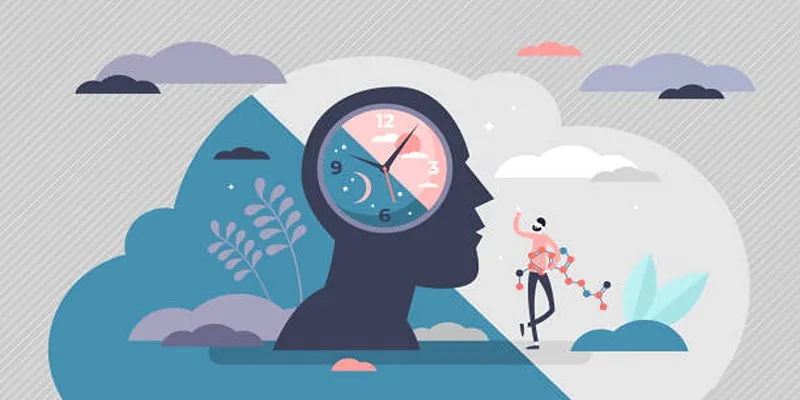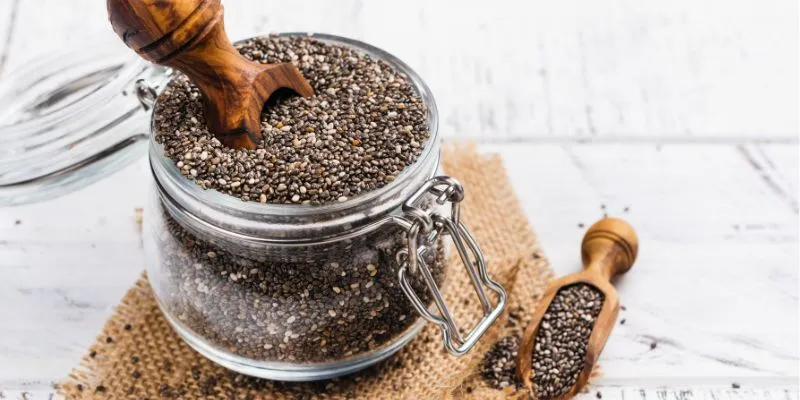How Caffeine Impacts Sleep: Tips for Better Rest
Caffeine is present in coffee, tea, energy drinks, chocolates, and some medications. It’s highly valued for its ability to increase alertness and reduce sleepiness. However, consuming large amounts or having caffeine close to bedtime can disrupt your sleep cycle and negatively impact your health. Understanding how caffeine affects your body and managing its consumption is crucial for balancing alertness and restful sleep.
What is Caffeine and How Does It Work?

Caffeine is a natural stimulant that impacts the central nervous system. It primarily functions by blocking adenosine receptors in the brain. Adenosine is a chemical that accumulates throughout the day, creating a sensation of sleepiness. By preventing adenosine from binding to its receptors, caffeine helps you feel more awake and alert, making it a popular choice for a morning boost or combating fatigue.
The Duration of Caffeine in the System
Caffeine has a half-life of about 5-6 hours for most adults, although this can vary based on age, genetics, and health conditions. The half-life is the time required for half of the caffeine you consumed to be eliminated from your body. For instance, if you drink a 200 mg cup of coffee at noon, about 100 mg will still be in your system at 6 PM. For sensitive individuals, this residual caffeine can significantly affect sleep quality.
Individual Sensitivity to Caffeine
Not everyone processes caffeine the same way. Factors such as age, body weight, liver function, and genetic predisposition play a role in determining caffeine’s effects on you. Some people may metabolize caffeine quickly and experience minimal impact on their sleep, while others may face insomnia even after a single cup of coffee consumed earlier in the day.
How Caffeine Impacts Sleep
Caffeine, a widely consumed stimulant, can significantly affect sleep quality and duration.
Delays Sleep Onset
Caffeine can delay sleep onset, known as sleep latency. Consuming caffeine in the afternoon or evening keeps adenosine receptors blocked, tricking your brain into feeling alert when it should be winding down. This can result in prolonged periods of tossing and turning before you finally fall asleep.
Reduces Sleep Duration and Quality
Even if you fall asleep after consuming caffeine, your sleep quality may suffer. Studies indicate that caffeine reduces deep sleep (slow-wave sleep) and REM sleep, both crucial for physical restoration, memory consolidation, and emotional regulation. Shallow, fragmented sleep can leave you feeling unrefreshed and groggy, even after sufficient time in bed.
Exacerbates Sleep Disorders
For individuals with pre-existing sleep disorders like insomnia, caffeine can worsen symptoms. It not only makes falling asleep harder but also increases nighttime awakenings. In extreme cases, chronic overuse of caffeine can create a cycle of poor sleep and increased reliance on stimulants to stay awake during the day.
Caffeine’s Hidden Sources and Unexpected Impact
Caffeine isn’t only found in coffee, tea, and energy drinks but is also present in many other unexpected sources. Some over-the-counter medications, such as cold and allergy pills, contain caffeine. It’s important to read labels carefully and be aware of all potential caffeine sources in your diet.
Common Sources of Caffeine
While coffee and tea are the most obvious caffeine sources, other products like energy drinks, sodas, chocolate, and certain medications also contain significant amounts. For example, a 12-ounce cola can have up to 50 mg of caffeine, and a bar of dark chocolate may contain 30-50 mg. Being mindful of these hidden sources is crucial, especially if you already struggle with sleep issues.
Caffeine and Medications
Certain medications, such as pain relievers, weight loss pills, and cold remedies, contain caffeine as an active ingredient. These can unknowingly add to your daily intake, increasing the likelihood of sleep disturbances. Always check medication labels and consult your doctor if you suspect caffeine might be affecting your sleep.
How to Manage Caffeine for Better Sleep
Managing your caffeine intake is essential for promoting restful sleep.
1. Limit Afternoon and Evening Intake
To minimize caffeine’s impact on sleep, avoid consuming it after midday. This gives your body enough time to process and eliminate the caffeine before bedtime. Switching to decaffeinated beverages like herbal tea in the afternoon can help you wind down more effectively.
2. Choose Beverages with Lower Caffeine Content
If you rely on caffeine for a boost, consider switching to drinks with lower caffeine content. Green tea, for example, contains about 30-50 mg of caffeine per cup, compared to 100-200 mg in a typical cup of coffee. These alternatives provide a gentler energy lift without significantly impacting your sleep.
3. Keep Track of Your Caffeine Intake
The recommended daily limit for caffeine is around 400 mg for most adults. However, individual tolerance varies, and consuming amounts close to this limit can disrupt sleep. Monitor your total caffeine intake from all sources, including coffee, tea, energy drinks, and medications, to avoid overconsumption.
Caffeine Alternatives for Sustained Energy
 Looking for
ways to boost your energy without relying on caffeine? Explore these
alternatives for sustained and natural energy throughout the day.
Looking for
ways to boost your energy without relying on caffeine? Explore these
alternatives for sustained and natural energy throughout the day.
1. Stay Hydrated
Dehydration is a common cause of fatigue. Drinking plenty of water throughout the day can help maintain energy levels naturally. For a refreshing twist, add slices of lemon, cucumber, or mint to your water.
2. Opt for Nutrient-Rich Snacks
Snacking on foods rich in vitamins and minerals, such as nuts, seeds, yogurt, and fruits, can provide a steady energy source. These snacks stabilize blood sugar levels, reducing the need for caffeine to combat the afternoon slump.
3. Incorporate Physical Activity
Light physical activity, such as a 10-minute walk or stretching exercises, can improve circulation and boost alertness without the need for stimulants. Regular exercise also promotes better sleep at night.
Conclusion
Caffeine is a powerful tool for enhancing focus and energy, but its misuse can lead to disrupted sleep and long-term health issues. By understanding how caffeine affects your body and taking steps to manage its intake, you can enjoy its benefits without sacrificing restful sleep. Make informed choices about when and how much caffeine you consume, and adopt healthy habits to maintain a balanced lifestyle. Prioritizing sleep is one of the most effective ways to improve overall well-being, ensuring your mind and body function at their best.











